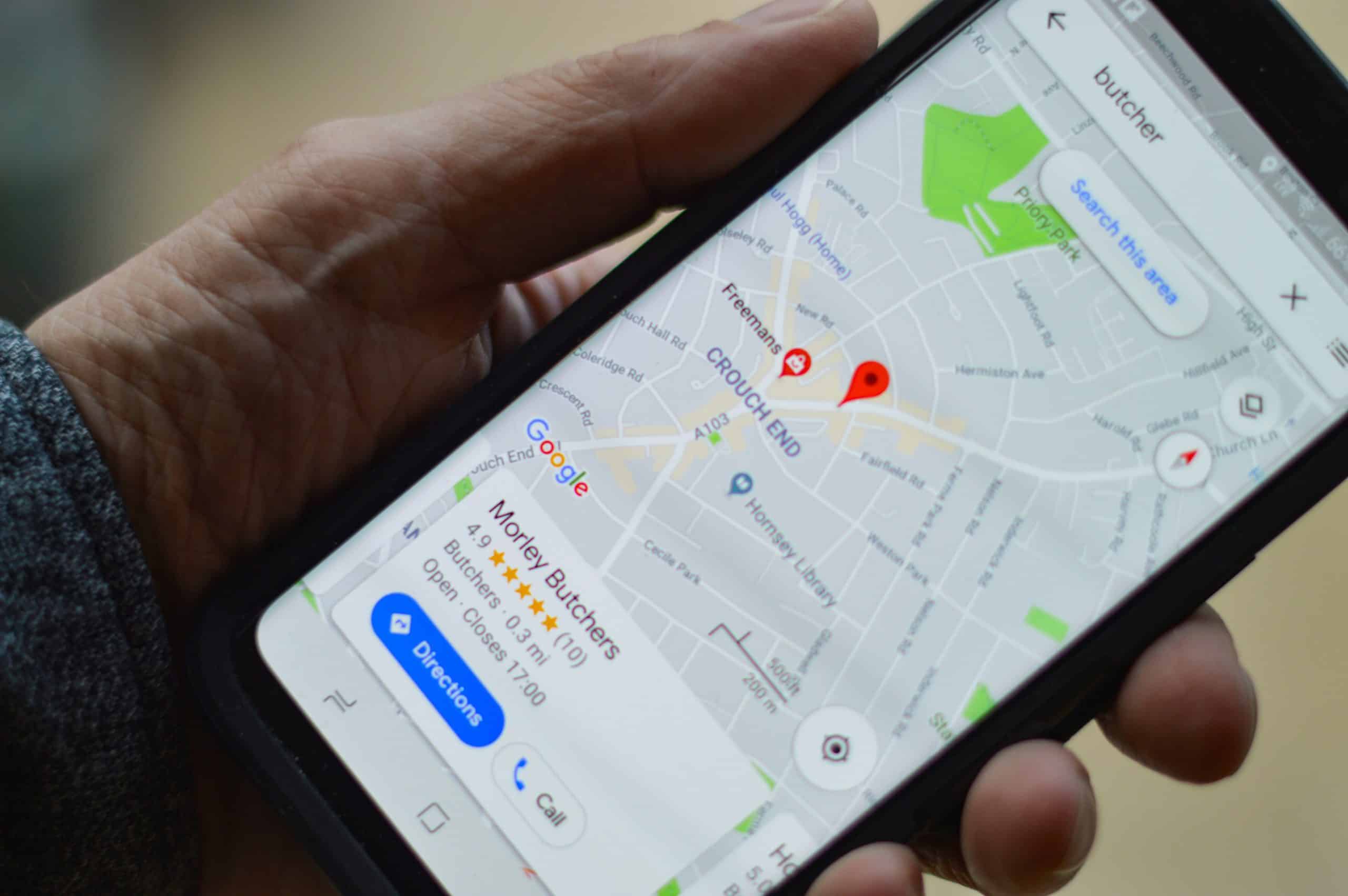Can quantum sensors enhance global positioning accuracy?

Quantum technology, a rapidly evolving field, is seen as the next significant leap in technological advancements. Nowhere is this more apparent than in the realm of geolocation and GPS navigation systems, where quantum sensors and clocks are expected to bring extraordinary precision and accuracy. In this article, we will delve into the role of quantum technology in enhancing GPS navigation and geolocation systems’ accuracy.
Quantum Technology: The Foundations
Quantum technology is an emerging area of physics and engineering, which relies on the principles of quantum physics. It revolves around the direct control and manipulation of quantum particles to achieve technological advancements. The basic unit in quantum technology is the qubit, or quantum bit, which contrasts with the classical binary digit or ‘bit’ in regular computing.
A lire aussi : How is AI shaping the future of retail shopping experiences?
One of the cornerstones of quantum technology is quantum sensing, which employs quantum correlations or quantum entanglement to enhance the fundamental limit in measurement precision. This is naturally a brilliant fit for navigation systems which rely heavily on precision and accuracy.
Quantum Sensors: A Game Changer for Navigation Systems
Quantum sensors have the potential to revolutionize technologies where accuracy and precision are paramount. The increased sensitivity provided by these sensors could significantly improve the existing GPS and geolocation systems.
En parallèle : What role does AI play in predicting and preventing pandemics?
Typically, GPS technology calculates a user’s location by comparing the time a signal is transmitted by a satellite to the time it is received. The data, thus generated, is then processed to estimate the user’s geolocation. Currently, the most significant limitation of this method is the potential for inaccuracy in time measurement. This is where quantum sensors come into play.
Quantum sensors, specifically quantum clocks, have the potential to measure time with unparalleled precision. Quantum clocks use the vibration of atoms to measure time incredibly accurately, which significantly reduces the margin of error in GPS location data.
Quantum Computing and Its Impact on GPS Technology
The marriage of quantum computing and GPS technology could bring about a seismic shift in the field of navigation. Quantum computers process and handle data in a fundamentally different way from their classical counterparts. While classical computers process data in binary bits (either 0 or 1), quantum computers use quantum bits or qubits.
Qubits have the unique ability to be in many states at once, thanks to a property known as superposition. This trait allows quantum computers to process vast amounts of data simultaneously, offering the potential for faster processing times and better accuracy.
In the context of GPS and geolocation systems, quantum computing can enhance the processing of location data, providing more accurate, real-time updates.
Quantum Navigation: An Imperial Vision for Geolocation Systems
An intriguing, yet highly feasible, application of quantum technology lies in quantum navigation systems. This idea moves beyond the dependence on GPS satellites and instead, leverages the power of quantum physics to provide more precise and accurate geolocation data.
Researchers at Imperial College London have been working on a quantum accelerometer—a device capable of measuring changes in speed and direction—enabling a user’s location to be calculated without any need for external signals.
The concept of quantum navigation was demonstrated successfully by the Imperial team in 2018, using a system that uses lasers to cool atoms to ultra-low temperatures. The cooled atoms are highly sensitive to shifts in motion, and this data can be interpreted to calculate a user’s position with an accuracy that far exceeds traditional GPS systems.
Quantum Technology: The Future of Navigation Systems
Quantum technology, with its potential for immense precision, can bring about radical improvements in GPS and geolocation systems. By utilizing quantum sensors and quantum computing, we can overcome the limitations of classical systems and achieve unprecedented levels of accuracy.
Though the application of quantum technology in GPS and geolocation is still in its infancy, the foundational research and early successes hint at a revolution in how we navigate our world. From more precise location data to the possibility of navigation independent of external signals, quantum technology is poised to redefine our understanding of navigation systems.
The integration of quantum technology in GPS and geolocation systems remains a work in progress. But as the pace of research and development quickens, we may soon witness a paradigm shift in the precision and accuracy of our navigation systems, thanks to the power of quantum.
Exploring the Potential of Quantum Inertial Navigation
The world of navigation systems is not just limited to GPS technology. Another promising avenue is the development of inertial navigation systems, which rely on measuring velocity and direction changes to calculate position. Quantum technology, specifically quantum sensing, has the potential to significantly enhance such systems.
Inertial navigation systems traditionally rely on mechanical gyros and accelerometers. However, these sensors have limitations in terms of their size, cost, and errors that accumulate over time. In contrast, quantum inertial navigation systems are expected to be far more accurate and efficient.
Consider the research led by Matt Swayne, a prominent figure in the field of quantum physics. His team at the University of Arizona has been exploring the potential of quantum inertial navigation systems. These systems are based on the principles of quantum mechanics and use atomic interferometers as quantum sensors to measure acceleration and rotation.
According to Swayne, the quantum sensors used in these systems can measure changes in velocity and direction incredibly accurately. This is because they leverage the properties of atomic particles, which are sensitive to these changes. These quantum inertial navigation systems provide real-time data and have the potential to outperform current GPS and geolocation services, especially in environments where GPS signals are unavailable or unreliable.
Quantum Technologies: The Dawn of a New Era in Navigation
With the groundwork laid by quantum computing, quantum sensors, and quantum mechanics, a future where quantum technology is integrated into our everyday navigation systems doesn’t seem so far off. Not just enhancing the accuracy of existing GPS and geolocation systems, quantum technology may even bring forth new forms of navigation, like quantum navigation and inertial navigation systems.
Take the quantum sensor developed by the U.S. Air Force, for example. It’s an atomic clock that uses the vibrations of atoms to measure time with an accuracy that far surpasses any clock today. This could potentially transform GPS technology, which relies heavily on precise time measurements for location data.
Moreover, the concept of quantum navigation, as demonstrated by the research team at Imperial College London, hints at the possibility of navigation systems that are independent of external signals. This could be a game changer, especially in scenarios where GPS signals are unreliable or unavailable.
Indeed, as Matt Swayne stated in his January company speaker meeting: "Quantum technologies are more than just a theory. They are becoming a reality. We stand at the threshold of a new era in navigation, where quantum mechanics will redefine our understanding of location and movement.”
The potential applications are immense. From autonomous vehicles navigating busy city streets with unparalleled precision, to military operations seamlessly executed in signal-denied environments, the possibilities are limitless.
In conclusion, the integration of quantum technology into navigation systems is still a work in progress. But as research and development continue, it’s becoming increasingly evident that quantum technology will play a pivotal role in transforming our understanding and use of navigation systems. We are on the cusp of a new era, where the power of quantum will redefine how we navigate our world.
